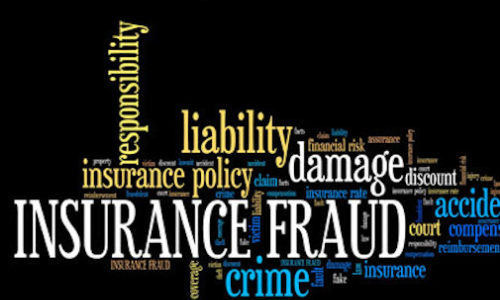
Insurance Fraud for Claims Professionals
Course Overview
The insurance business, by its very nature, is susceptible to fraud. Insurance is a risk distribution system that requires the accumulation of liquid assets in the form of reserve funds that are, in turn, available to pay loss claims. Insurance companies generate a large steady flow of cash through insurance premiums. Steady cash flow is an important economic resource that is very attractive and easily diverted.
Large accumulations of liquid assets make insurance companies attractive for take over and loot schemes. Insurance companies are under great pressure to maximize the return on investing the reserve funds, thus making them vulnerable to high yielding investment schemes. This courses talks directly to claims personnel on the importance detecting and preventing insurance fraud.
Learning Objectives
Upon successful completion of all the modules in this course, you should be able to: -
- Explain how an insurer’s claims function achieves each of its primary goals: keeping the insurer’s promise and supporting the insurer’s profit goal;
- Explain why ethics and professionalism are important to a claim representative;
- Recognize the ethical and professional concerns that claim representatives face;
- Explain why the following factors are important to insurers when detecting and preventing insurance fraud: public attitude toward insurance fraud and the cost of insurance fraud to the insurance industry;
- Describe the motives for insurance fraud;
- Identify any fraud indicators present in the claim;
- Determine the types of fraud involved;
- Describe the anti-fraud efforts made by the following: insurers, government and industry organizations.

